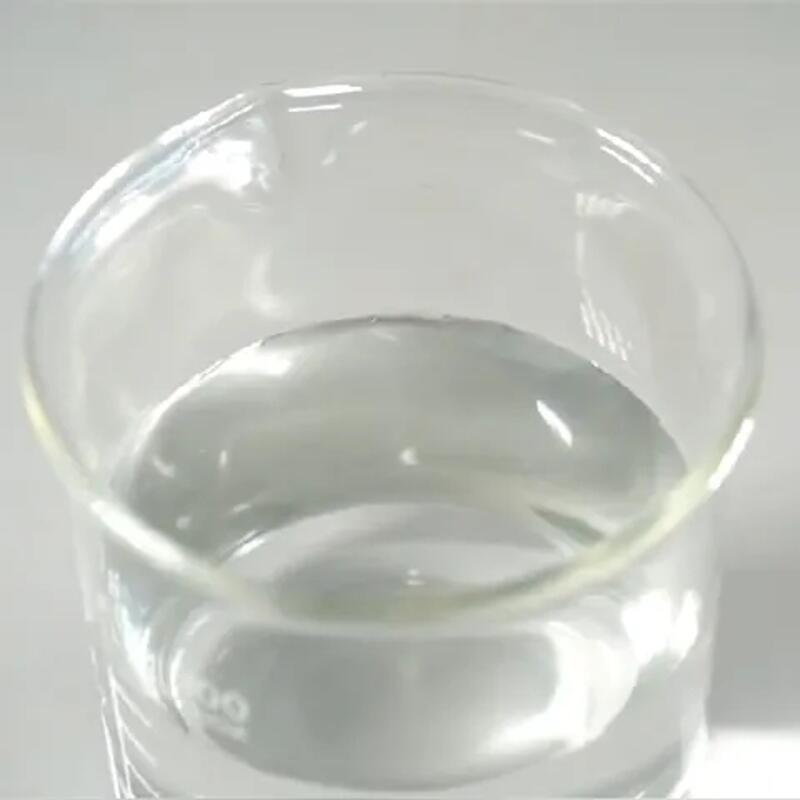-
Categories
-
Pharmaceutical Intermediates
-
Active Pharmaceutical Ingredients
-
Food Additives
- Industrial Coatings
- Agrochemicals
- Dyes and Pigments
- Surfactant
- Flavors and Fragrances
- Chemical Reagents
- Catalyst and Auxiliary
- Natural Products
- Inorganic Chemistry
-
Organic Chemistry
-
Biochemical Engineering
- Analytical Chemistry
-
Cosmetic Ingredient
- Water Treatment Chemical
-
Pharmaceutical Intermediates
Promotion
ECHEMI Mall
Wholesale
Weekly Price
Exhibition
News
-
Trade Service
The study, which aims to systematically evaluate evidence of cranial palpulation therapy (CST) in the treatment of chronic pain, has been published online.
researchers searched PubMed, Central, Scopus, PsycInfo and Cinahl until August 2018.
(RCTs) that assessed the effects of CST on patients with chronic pain were eligible.
used Hedges' to correct small samples to calculate standardized mean differences (SMDs) and 95% confidence intervals (CIs) in pain intensity and dysfunction (primary results).
results include physical/mental quality of life, global improvement and safety.
use the Cochrane tool to assess bias risk.
results, the study included 10 OCTs, including 681 patients with neck and back pain, migraines, headaches, fibromyalgia, upperand pelvic belt pain.
CST shows greater post-interventional effects than conventional treatments in terms of pain intensity (SMD - -0.32, 95% CI - -0.61, -0.02) and disability (SMD - -0.58,95 %CI --0.92,-0.24)) compared to manual/non-manual counterfeit drugs: CST shows greater post-intervention effect pain intensity (SMD s -0.63,95% CI) - -0.90,-0. 37)) and disability (SMD - -0.54, 95% CI - -0.81, -0.28)); .53,95% CI ( - 0.89, -0.16) and disability (SMD - -0.58, 95% CI - - 0.95, -0.21) ).
, CST had a greater impact on pain intensity (SMD -0.59, 95% CI --0.99,-0.19)) and disability (SMD -0.53,95% CI (-0.87,-0.19)) compared to fake therapy.
addition to the six-month mental quality of life, the improvement in secondary outcomes in CST patients was significantly higher than in the other groups compared to the fake treatment group.
sensitivity analysis shows that CST has a robust impact on most biased risk domains.
of the 10 RTts reported security data.
no serious adverse events occurred.
minor adverse events are evenly distributed across groups.
, the results showed that in patients with chronic pain, the meta-analysis showed that the effects of CST on pain and function were significant and robust for six months.
need to follow CONSORT's RCTs more strictly to further confirm the effects and safety of CST on chronic pain.
.







